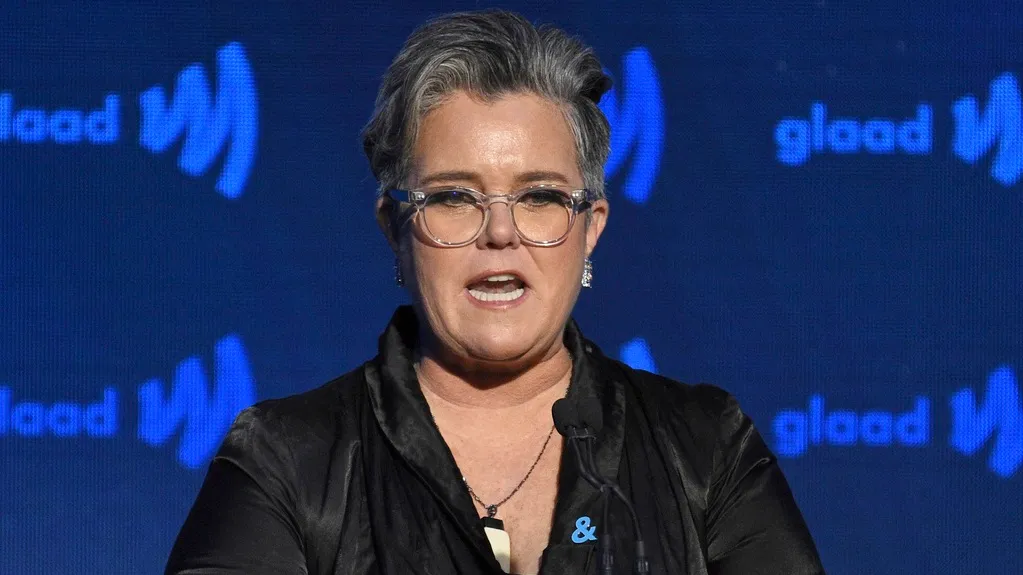December 7, 2016
Shortage of Injectable Estrogen A Health Emergency, Say Public Health Experts
READ TIME: 4 MIN.
The Fenway Institute of Fenway Health, Callen-Lorde Community Health Center, and Treatment Action Group (TAG) released the�policy brief "Resolving the Current Injectable Estrogen Shortage: A Public Health Imperative," documenting the public health emergency created by a shortage of injectable estrogen, and calling on the U.S. Food and Drug Administration (FDA) to be more proactive in resolving the crisis.
Injectable estrogen is a commonly prescribed hormone therapy for transgender women and comes in 40 mg/mL, 20 mg/mL, and 10mg/mL dosages. The 40 mg/mL formulation of injectable estrogen is the most frequently prescribed dose, and has been out of stock for approximately 20 months. Healthcare providers have tried to work around the shortage by having patients take two doses of the 20 mg/mL formula, or four doses of the 10 mg/mL formula, but even those formulas have been hard to find.
Although estrogen is also available via patch and oral tablet, injectable estrogen is often preferred by patients because it avoids potential side effects on the liver and patients report faster breast development.�
"Hormone therapy is life-saving for many transgender individuals and the current shortage of injectable estrogen violates transgender individuals' right to comprehensive medical treatment," said Sophia Geffen, one of the authors of the report. "The shortage of medicine is a public health crisis, as patients are forced to alter their regimen or may turn to black market sources of injectable estrogen, which is often diluted with other potentially harmful ingredients."
"In response to this shortage of medicine, healthcare providers have been forced to change the treatment regimens of their patients, some of whom have been using injectable estrogen for more than a decade," said Kimberleigh Joy Smith, Senior Director for Community Health Planning and Policy at Callen-Lorde Community Health Center. "Transgender people consistently report experiencing discrimination in health care settings at rates much higher than the general population. This shortage of a commonly prescribed regimen for transgender women is a barrier to care."�
The reasons for the intermittent availability of injectable estrogen are unclear. The FDA, which tracks the supply of pharmaceuticals, merely provides a broad explanation of the reason for the shortage and an estimated release date.
Consumers are not privy to any information regarding what is required in order for the shortage to be resolved, and reported release dates are posted and then repeatedly not met.
In response to a question about the drug shortage to Par Pharmaceutical, one of the manufacturers of injectable estrogen, Par Pharmaceutical President Paul Campanelli told the authors of the issue brief that a new raw material in Delestrogen requires FDA approval and that he estimated that the approval would be granted by early 2017.
"The FDA needs to be more transparent and should not simply offer vague information regarding drug shortages," said Tim Horn, Deputy Executive Director of HIV and HCV Programs at Treatment Action Group.
TAKE ACTION!
The authors of "Resolving the Current Injectable Estrogen Shortage: A Public Health Imperative" encourage transgender health activists to submit public comment to the FDA on the issue by January 9, 2017. Comments can address the FDA's role in agency-regulated approval of hormones for gender affirmation, and the FDA's level of transparency around drug shortages.
The public is also encouraged to contact the National Institute of Minority Health and Health Disparities (NIMHD) and urge the agency to develop clinical research priorities that strengthen the evidence base needed for clear regulatory guidance and transgender health best practices.
The policy brief "Resolving the Current Injectable Estrogen Shortage: A Public Health Imperative is available online at: http://fenwayhealth.org/wp-content/uploads/Resolving-the-current-injectable-estrogen-shortage-A-public-health-imperative.pdf


